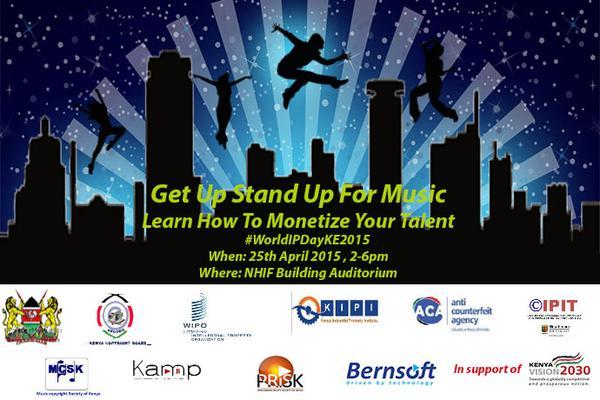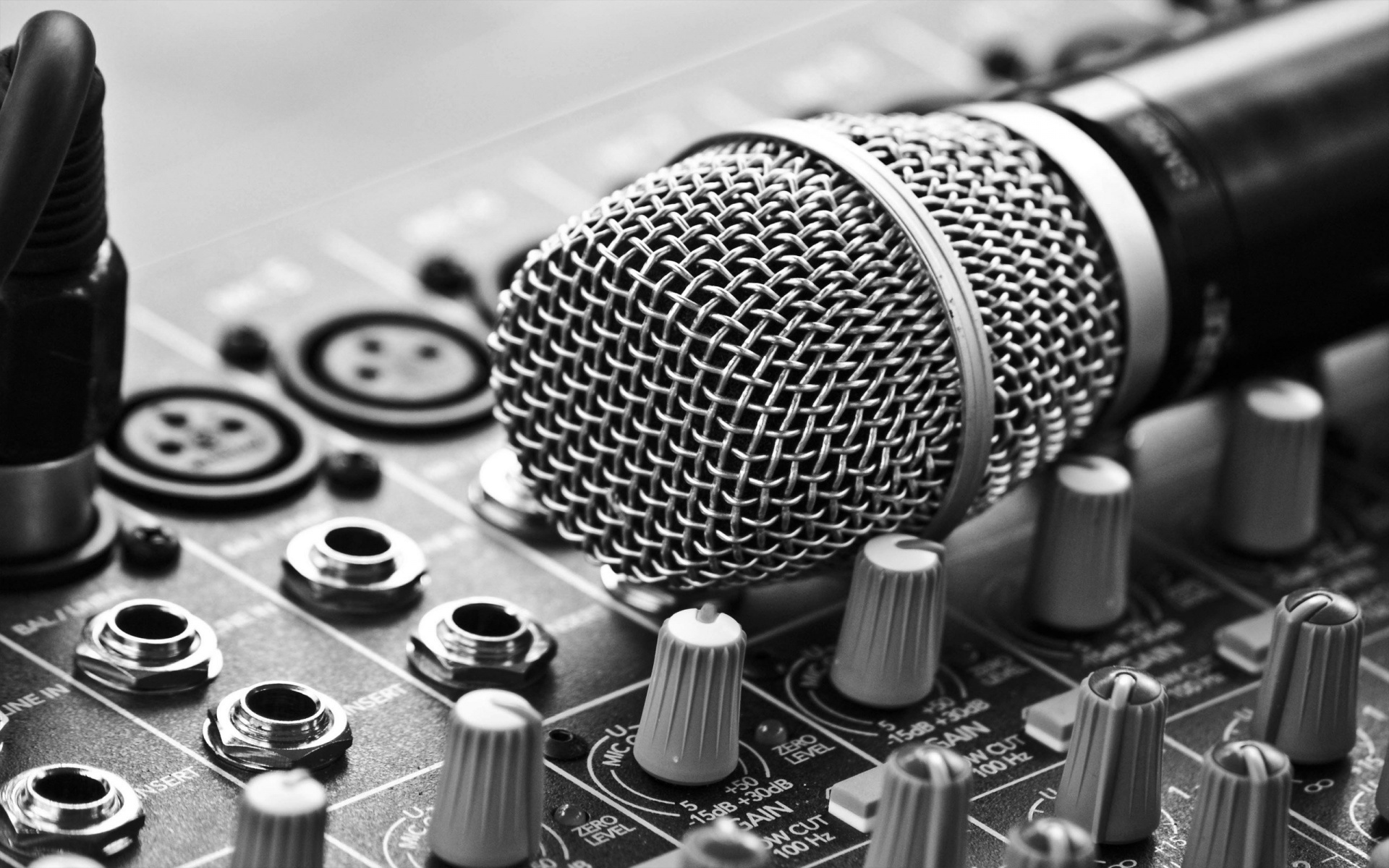#WorldIPDay: What Does Music Mean to You? 'Unbwogable' to 'Mapambano'
- CIPIT |
- April 22, 2015 |
- Guest Post
‘Music is a moral law. It gives soul to the universe, wings to the mind, flight to the imagination, and charm and gaiety to life and to everything.’ – Plato
‘I think music in itself is healing. It’s an explosive expression of humanity. It’s something we are all touched by. No matter what culture we are from, everyone loves music’ – Billy Joel
‘Something inside so strong
I know that I can make it
Though you’re doing me wrong so wrong
You thought that my pride was gone
Oh, no, something inside so strong
there’s something inside so strong’ – Labi Siffre.
The above song ‘Something Inside So Strong’ was written by British singer and song writer Labi Siffre who said it was inspired by a TV documentary on Apartheid in South Africa. A live performance of the song by PJ Powers during the ‘UCT 20 years of Freedom’ concert on 22 May 2014, holds true to the liberation struggle of the ‘Rainbow Nation’ as the country reflected on the strides it had made over the past 20 years.
On 14 April 2015, it is reported that US President Barack Obama hosted music legends and top gospel artists in an evening of singing and clapping. Obama stated that the unique and influential history of Gospel music has shaped many genres such as Jazz, Motown, Blues and Country music in present day America. He further stated that Gospel music had evolved over time but that its heart remained true and still had an unmatched power to strike the deepest chord in everyone. The US President further noted how gospel music was a staple of the Civil Rights Movement and how Hymns such as ‘Take My Hand’, ‘Precious Lord’ and ‘We Shall Overcome’ became movement songs that gave hope that the country would rise above its failures and disappointments.
Reflecting on the words of the lyrics to ‘Something Inside So Strong’, one cannot help but look back at the various roles played by Kenyan music in Kenya.
For instance, the music of one Joseph Kamaru is often regarded as an embodiment of the socio-cultural, political and religious set up of the Kikuyu people. On the socio-cultural plane, Kamaru sings of the values, norms and traditions of the Kikuyus. On matters religion, Kamaru’s songs speak of Kikuyu’s religion and the gospel. On the political front, Kamaru sings of the struggle for independence in Kenya, the suffering that was endured both by the Mau Mau and Europeans as well as their families, the victories and defeats of both factions. Kamaru also sings of Kenya’s post-independence era, its benefits, as well as expressing his opinion on Kenya’s early political leadership. A lot can be learned from Kamaru’s Kikuyu hit songs which actually give factual accounts of various facets of Kenya’s cultural and political history.
In this connection, one may recall how Gidi Gidi Maji Maji’s hit song ‘Unbwogable’ became a political slogan of the December General Elections. The song is a telling testimony of how hip hop music took center stage in politics and was capitalized by NARC; the political coalition that brought to an end Daniel Moi’s 24 year rule. At the time, pro-NARC supporters were united in song and the words ‘Unbwogable’ became the rallying cry of millions of Kenyans who wanted political change.
Five years later since the ‘Unbwogable’, the wake of the 2007/2008 post-election violence polarised Kenyans along ethnic lines and political parties. It was during this dark period of Kenya’s recent past that Eric Wanaina’s song ‘Daima’ shone a light in the hearts of Kenyans, reminding us of the importance of ‘uniting in our diversity’. Thereafter, the Kenyan Music national tour that was organized during that time with support from the Embassy of France, Total Kenya and Ford Foundation contributed to various reconciliation efforts in the country. Music and musicians from different regions of the country took part in the tour to promote and signify the diversity of the Kenyan people. Once again music was a unifying factor in Kenya.
Kenya’s popular protest song ‘Mapambano’ affectionately associated with the late Hon Otieno Kajwang, MP is today used in virtually all assemblies, demonstrations and rallies to express the call for reforms; be it social, political or economic reforms. Indeed a common sight in Kenya is a group of protesters aggrieved by the status quo holding hands and singing ‘Mapambano’.
Nameless’ song ‘coming home’ and Roger Whitaker ‘My land is Kenya’ are two household songs that are symbolic of patriotism, beauty and the greatness of our Nation. The two songs are particularly emotive to the millions of Kenyans living in the diaspora, away from home and would eventually want to return to their homeland.
These are just few examples of musical works that have had and continue to have an impact in Kenya. Music gets us through emotions; it soothes the soul and spirit, clears the mind and revitalizes the body. From the United States of America, down to South Africa and to the East of Africa in Kenya, Music has and is being used to communicate one language, express a shared and common goal while arousing hope for an ideal and just world.

And so, as Kenya joins the world in ‘getting up and standing up for music’, let it be a time to reflect on the impact of the various music genres and the huge influence they continue to have in these changing times. It is crucial that Kenyans are able to use music to speak where words and action cannot. From an IP perspective, protecting IP entails the balance of two interests, the owners of IP and those of the users of IP protected works. Kenya needs well considered IP regime and system that ensures no rights or interests adversely tramples over the other.
Happy World IP day!

